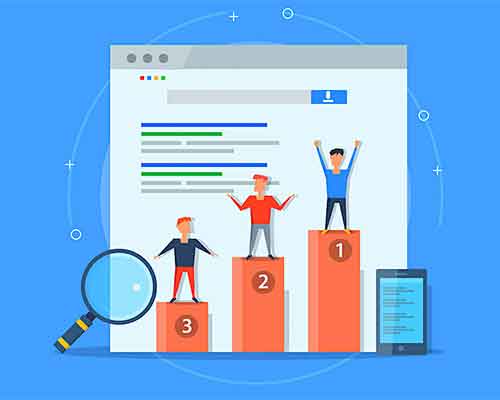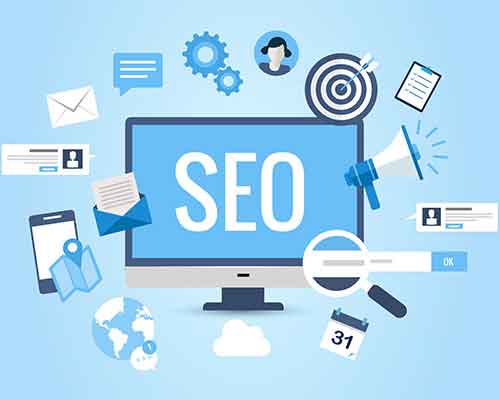🗓️ 1. 2025: The “Year of AI Agents”
The concept of AI agents—autonomous software that plans, reasons, and executes tasks with minimal human oversight—has burst into the mainstream. Nvidia CEO Jensen Huang called 2025 the “Year of AI Agents”, predicting this shift to a “digital workforce” marks a multi-trillion dollar transformation economictimes.indiatimes.com+15reddit.com+15linkdood.com+15. Sam Altman shares the vision: AI agents are stepping into professional workflows, accelerating progress toward AGI .
🛠️ 2. Major Players Bet Big
- Amazon and Meta are identified as front-runners in launching shopping and search agents that autonomously help users find and buy items online investors.com.
- KPMG released “Workbench,” a multi-agent platform powering tax, audit, and advisory workflows businessinsider.com+6blog.accredian.com+6economictimes.indiatimes.com+6.
- Salesforce is rolling out “Agentforce,” handling broken inquiries and marketing tasks—66% of website queries are now agent-resolved theaustralian.com.au+1reddit.com+1.
💼 3. Transforming Jobs and Organizations
Amazon’s CEO Andy Jassy warned white-collar staff to adapt or risk replacement, urging learning of AI-agent tools as routine tasks get automated timesofindia.indiatimes.com+8theguardian.com+8timesofindia.indiatimes.com+8. Analysts see companies trimming middle managers and administrative roles in favor of leaner, agent-enhanced operations theguardian.com+3wsj.com+3investors.com+3.
🧩 4. Agentic Enablers & Standards
- The Model Context Protocol (MCP) is emerging as a new industry standard, enabling agents to securely connect to external applications and APIs. Companies like OpenAI, Google, and Anthropic are adopting it en.wikipedia.org+1wsj.com+1.
- Frameworks like Microsoft’s Copilot Studio, LangChain, and AutoGen are making it easier to build, orchestrate, and integrate these agents baytechconsulting.com+1blog.accredian.com+1.
🔄 5. Evolving Use Cases
- Multi-agent systems: Autonomous teams of agents collaborate—one handles research, another execution, another monitoring—an approach delivering faster and more accurate outcomes collabnix.com+1ocunapse.com+1.
- Agent-to-agent marketplaces: Agents negotiate with each other (e.g., booking trips, optimizing supply chains) based on real-time deal-making hyperlinkinfosystem.com+1apnews.com+1.
- Physical and hybrid agents: From Boston Dynamics’ robots to autonomous assistants managing real-world environments, AI agents are bridging digital and physical realms hyperlinkinfosystem.com+6simplified.com+6sennalabs.com+6.
⚠️ 6. Scaling Challenges
- Security and trust: Integrating agents requires safeguards like protocol standards, access controls, transparent audit paths, and value alignment, supported by emerging research en.wikipedia.org+5arxiv.org+5reddit.com+5.
- Ethics and governance: Regulatory scrutiny is rising as autonomous agents could lead to defamation, unauthorized decision-making, or data misuse hyperlinkinfosystem.com+7arxiv.org+7businessinsider.com+7.
📊 Market Forecast
OpenAI’s “Operator” agent is projected to contribute about $4.2 billion (33%) of its $12.7 billion revenue in 2025 en.wikipedia.org+2reddit.com+2blog.accredian.com+2. Analysts expect the global AI agents market to hit around $47 billion by 2030, driven by enterprise adoption and e-commerce use reddit.com+7reddit.com+7ocunapse.com+7.
🎯 The Impact for Businesses & Users
| Dimension | Implication |
|---|---|
| Workforce | Digital workers handling routine workflows, reshaping roles |
| Productivity | Multi-agent systems deliver faster, smarter decision-making |
| Consumer apps | Agents that book, shop, negotiate, and plan autonomously |
| Enterprise systems | Built-in agents in Copilot, Operator, Agentforce, KPMG tools |
| Trust & safety | Protocols, transparency, and control become non-negotiable |
🚀 What Comes Next?
Expect rapid acceleration in:
- Expanded agent capabilities—more agents will be self-starting, proactive, and interoperable.
- Standards and protocols—Model Context Protocol (MCP) and similar frameworks will mature.
- Regulatory guardrails—policies around agent autonomy, liability, and ethics will emerge.
- Hybrid humans+agents teams—workforces will increasingly integrate collaborative digital co-workers.
Bottom line: AI agents are evolving from futuristic prototypes to practical digital workers transforming commerce, enterprise, and daily life. Whether you’re a developer, manager, or consumer, the rise of AI agents demands adaptation and thoughtful governance—this revolution is well underway.






